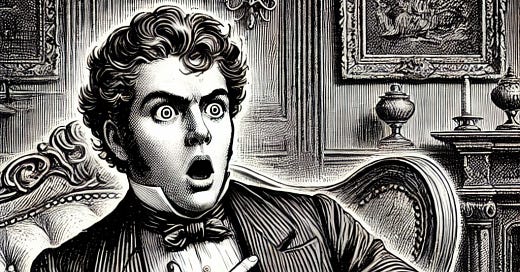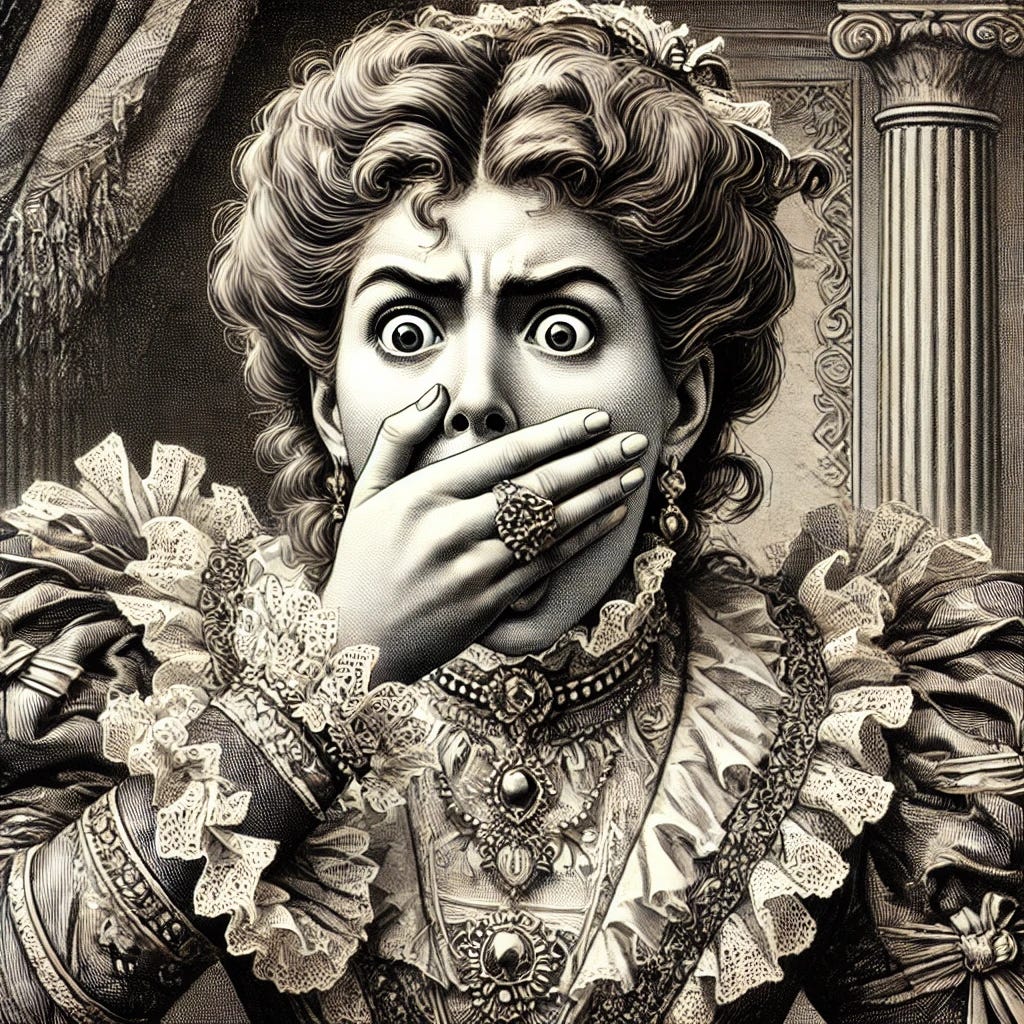Context matters a lot with words. If you’re British and I say that I once accidentally cut my hand while cooking and it became bloody, you’ll probably express polite sympathy while raising one eyebrow. If I say my cab driver was a bloody idiot who got lost three times on the way here, I might get shocked gasps and asked to leave the party.
What’s going on here?
The short answer is that linguists don’t really know for sure. The longer answer is bloody well interesting, but you won’t walk away with any sort of definitive answer today.
The non-swear-word bloody has been around for a long time. Old English word blodig was the equivalent, with the -ig suffix operating like today’s y, and blod likely stemming from the Proto-Indo-European root *bʰleh₁- or bʰlod- **, which meant something like to swell or to ooze.
There was nothing profane about this descriptive term, nor should there have been. In fact, having a word that described things covered in blood was completely necessary. It’s tough to pin down any precise date when a word’s meaning shifts in the popular conscience, but this certainly happened gradually over the 1600s and 1700s in England.
Unsurprisingly, bloody peaked as a no-no word during the Victorian Era. In my own mind, this is when human beings were at their absolute most prudish, and there’s a degree of truth to this. Clearly, Victorian sensibilities were far too refined to discuss the b-word. Because you didn’t talk about things that were vulgar in polite company, certain words were… well, beneath your station in life.
At some point in my own life, I realized that this had happened with a few words I knew that were considered too vulgar to utter aloud. I really thought it was silly that I could say poop or doodie, but not crap (and especially not “the s-word!”).
Maybe silly understates the case. I became angry that certain people had decided the rest of us had to limit our vocabularies. Meanwhile, I watched tons of movies, including while working in a movie theater for a couple of years, and got an overwhelming taste of pop culture that included common vernacular. These forces combined to desensitize my ears to nearly all taboo words.
Ultimately, I saw arbitrary taboos as the enemy. No word does as good of a job of demonstrating why I felt this way than bloody, an otherwise completely usual word we use all the time. Use it in a slightly different context, though, and it’s time to go to your room and wash your mouth out with soap.







I assume that when Supertramp recorded and released "Bloody Well Right" in the 1970s, they were using it in the profane sense...
That was bloody interesting, mate.
Personally, I'm tired of those bloody bleeding-heart Bloodhound Gang fans!
What were we even talking about here?